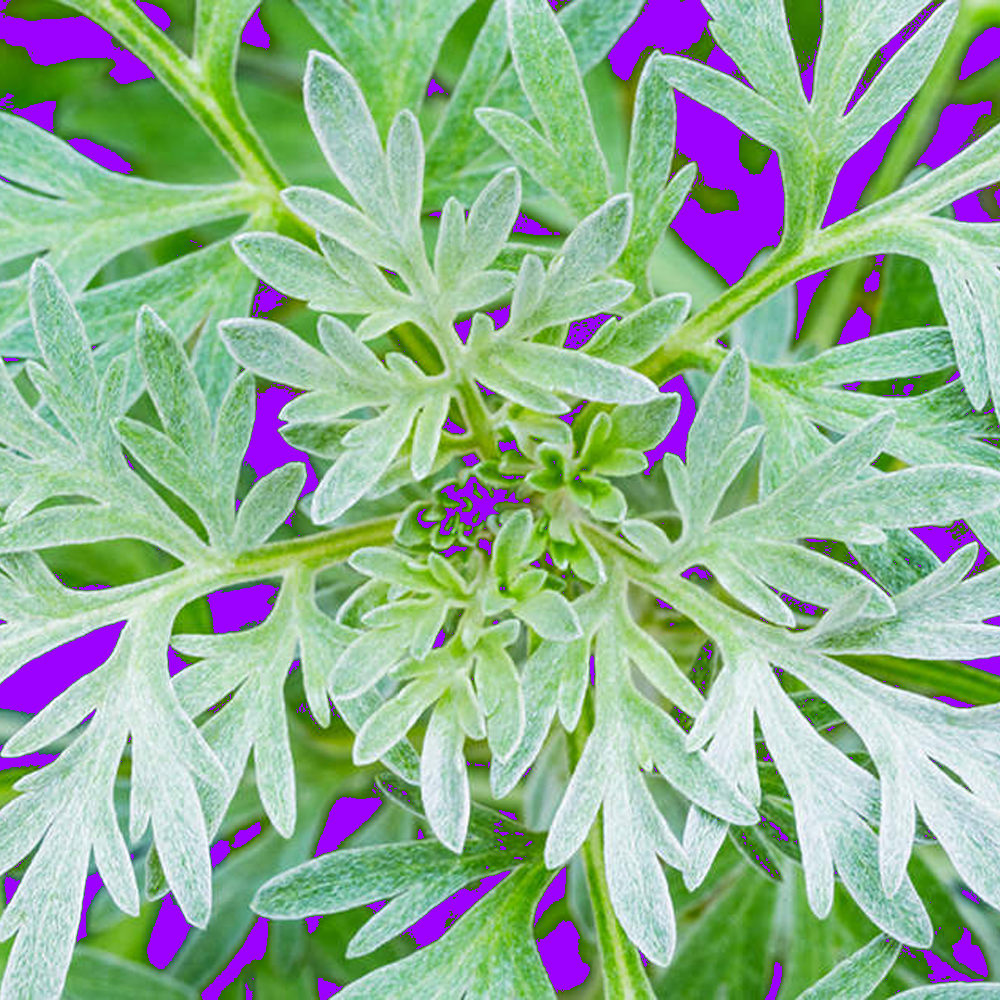No parasite is safe
Plants have been used since ancient times to cure infections, diseases and as a preventative measure to sickness. Wormwood is an important herbal plant that humans have used for centuries.
You can use Wormwood for various digestion problems such as loss of appetite, upset stomach, gall bladder disease, and intestinal spasms.
People have also used Wormwood to treat fever, liver disease, depression, muscle pain, memory loss, and worm infections; to increase sexual desire, tonic; and stimulate sweating.
For centuries people have used Wormwood as a tonic for everything from parasites to pain to liver complaints to baldness. A volatile oil in the plant, a narcotic-analgesic related to codeine, depresses the central medullary part of the brain, dulling anxiety and pain and bringing on a comfortably dreamy state of mind. In addition, a chemical found in Wormwood called thujone is a powerful nerve and brain stimulator that can trigger libido.
Thujone excites your brain by blocking (GABA), a neurotransmitter with calming effects on the central nervous system. You can take Wormwood as an extract or tea. Its oil is made from the stems and leaves of the plant, whereas an extract or tincture may use the entire plant. Wormwood has been used to treat intestinal worms since ancient Egypt. Thujone is the parasite fighting compound within the herb.
Wormwood may offer numerous benefits when taken in moderation. These include fighting inflammation and parasitic infections, as well as relieving pain. In addition, you can supplement this herb as an aphrodisiac as well. Wormwood is one of my go-to herbs, and I feel no medicine cabinet should be without it.


